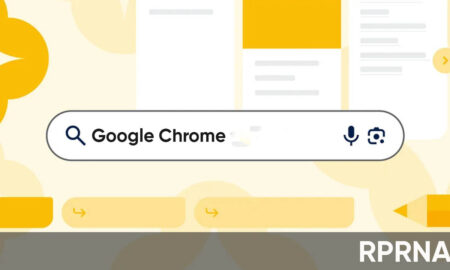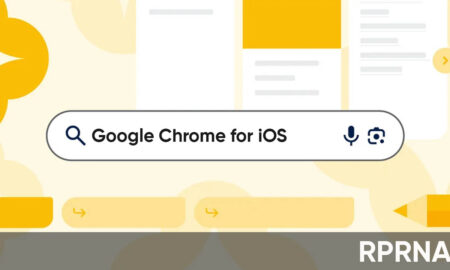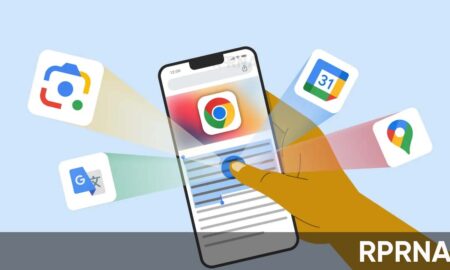Search results for "Chrome"
-

 294News
294NewsChrome steps up download security
Key Points Chrome is improving download warnings to be clearer and more helpful. Suspicious files can now be automatically scanned in the...
-

 225News
225NewsGoogle’s new TV box: A Chromecast upgrade
Key Points Google is replacing its Chromecast dongle with a full-sized streaming device. The new device, called “Google TV Streamer,” has a...
-

 292News
292NewsGoogle Chrome backtracks on cookie plan
Key Points: Google reverses decision to phase out third-party cookies. Users have more control over cookie settings. The focus shifts to privacy-enhancing...
-

 210News
210NewsChrome’s secret to success: a steady hand on Android
Key Points Chrome for Android has a simple, effective design that has remained largely unchanged since its launch. The current layout is...
-

 376News
376NewsChrome raises alarm bells for risky downloads
Key Points: Enhanced full-screen warning for dangerous downloads. Users must justify bypassing the warning. Feature available as an experimental setting. In an...
-

 585Apps
585AppsGoogle Chrome readying a new way to add websites to homescreen
Google Chrome is a default browser that shows personalized search results which appear instantly as you enter text. It offers several functionalities...
-

 510Apps
510AppsGoogle Chrome revising Incognito mode disclaimer
Google will finally settle the years-old lawsuit regarding Chrome Incognito mode and is bringing some transformations to offer users a more seamless...
-

 1.1KApps
1.1KAppsGoogle’s Tech Talk: Gboard app landscape mode major makeover | Google Drive new homepage | Google Message profile discovery | Chrome New Tab gets Material You
In the world of Google, we are here with the top 4 news related to Google and its apps. Let’s go one...
-

 447News
447NewsGoogle modifies Chrome Address Bar with new additions
Google Chrome, one of the world’s most popular web browsers, has always been at the forefront of innovation and user experience. In...
-

 1.4KBugs
1.4KBugsAre you facing Alert Slider Chrome bug on your OnePlus phone?
OnePlus smartphone users have been dealing with a strange Chrome bug for a long time, and the root cause of this problem...
